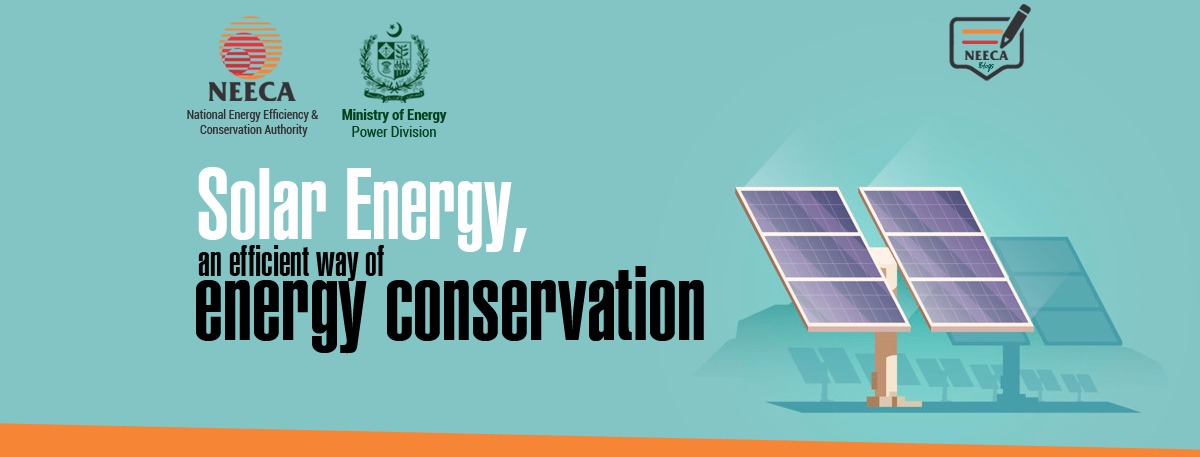In this digital and fast-growing world, we are still far behind to understand what nature has blessed us in terms of energy. Today, almost all sectors depend upon energy in different forms and we can say our life is also dependent on it.
According to a research report published by"Our World in Data” website, Asia Pacific was by far the largest regional energy consumer with 42 percent in 2015. Similarly, this was about the same as North America, Europe, and Eurasia combined (at 43 percent), the Middle East, Latin America, and Africa accounts for around seven, five, and three percent, respectively.
There is no doubt that access to energy is a key pillar for economic development and having enough power. Ensuring everyone has sufficient access to energy is an ongoing and pressing challenge for global development. Keeping this high need for energy in mind, different countries have adopted advanced and technological ways to fulfill the need of getting energy as much as they can. However, the energy systems implemented also have important ecological impacts. Historical and current energy systems are dominated by fossil fuels (coal, oil, and gas) which produce dangerous fumes such as carbon dioxide and other greenhouse gases which are fundamental and high contributors to global climate change. Significant transition in energy sources is required to achieve global emission reduction targets and avoid climate change, to make our world a better place to live.
There are several natural ways too with respect to technology and advanced ways of generating energy and these energy production and conservation methods are not only inexpensive, but alsoenvironment friendly, as some of the countries in the world have already adopted and found them very efficient.
According to a report by Pakistan Finance Division, Pakistan’s total energy consumption stood at 63.1 million tons of oil equivalent in 2009-10. The energy mix consisted of gas, oil, electricity, coal, and Liquid Petroleum Gas (LPG) with different levels of shares. The share of gas consumption stood at 43.9 percent in the total energy a mix of the country followed by oil (27.9 percent), electricity (15.6 percent), coal (11 percent), and LPG (1.5 percent).
Even though Pakistan has already spent, huge amount of fossil fuels to produce energy for meeting the national needs,yet the country failed to resist environmental damages. As a result, according to the global climate risk index report 2020, Pakistan ranks 5th in the list of highly affected countries from Climate Change in the world.
Pakistan is blessed with a high potential of renewable energy resources, but so far, only large hydroelectric projects and few winds and solar projects have harnessed this potential.
Along with other ways of producing energy from nature, the solar system is one of the best and most efficient ways to produce and conserve energy. This system could fulfill the need for energy consumption up to great extent, while also being environmental friendly, cheap, and feasible. The solar system could help in five major economic sectors of Pakistan such as the Power/energy sector, Industry, building, agriculture, and transport sector. It can also help the country to overcome the load shedding issue, as people can easily install Solar Panel at their homes, mosques, malls, shops and could even run tube wells. In terms of climate change, the Solar system falls in the area of adaptation and can help the country to combat the drastic effects of climate change. Solar Energy helps to reduce the emission of greenhouse gasses because it would reduce the dependence on fossil fuels used for power production.
Hence, it is evident that the Solar system could be the alternative to produce efficient energy and to conserve it. However, it is only possible when we are able to transform Pakistan’s Energy sectors into an efficient and environment friendly energy producer. For this purpose, we need to bring change in the behaviors of people at local and Industrial levels. People need an awareness of what is good and bad for them, for their environment, and their country’s economy in terms of Energy.

